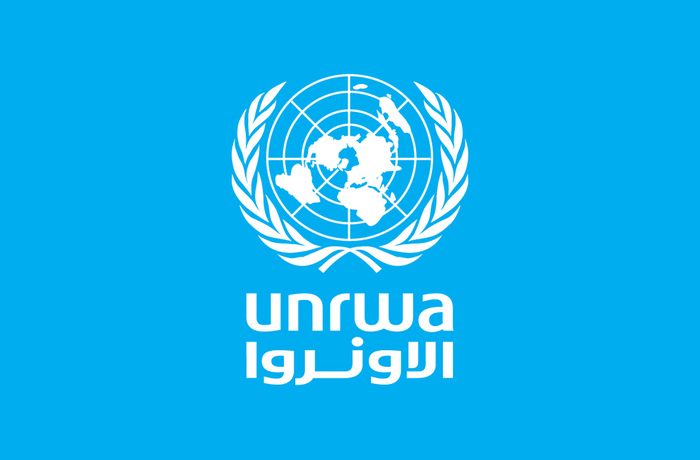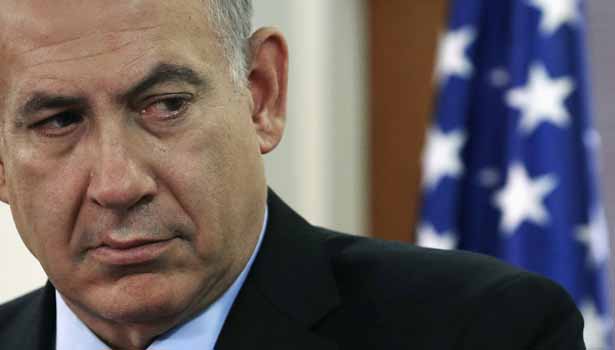UNRWA has become a convenient surrogate for terrorist organizations, led by Hamas, which was chosen in successive elections to lead the workers union and the UNRWA teachers union, as the key mentors who influence generations of Palestinian refugee descendants about engaging in ‘right of return’ through jihad, to Arab villages that existed before 1948. Hamas takeover of the UNRWA institutions and UNRWA staff should set off an alarm regarding the possibility of funding given by donor countries (primarily the United States and recently Canada) finding its way to financing the salaries of Hamas and Islamic Jihad activists.
Hamas’ Islamic Bloc continues its activities in schools run by UNRWA in the Gaza Strip, and these activities are carried out with the support and cooperation of the schools’ staff and management. An immediate and independent investigation is required into the infiltration of Palestinian terrorist groups into UNRWA, the use of its facilities for the purpose of terrorist attacks and rocket storage as well as the transfer of UNRWA equipment to be used by Gaza terrorist organizations and last but not least, the indoctrination of the future generations to war and strife. Aid to UNRWA must be conditioned upon changing a curriculum that teaches hatred and serves to perpetuate the hatred, on the removal of terrorists from the institutions of the UN agency and on the organization’s commitment to act to dismantle the refugee camps that are under Palestinian control and to rehabilitate the refugees in new and spacious communities.
Donor nations to UNRWA that hope to assist and support the Palestinian people need to know they are not in fact, supporting terrorist groups. The Center for Near East Policy Research, has conducted an updated research on the infiltration of terrorist organization into UNRWA. The findings of the research will be presented in February to the Canadian Parliament.
Canada restores funding for UNRWA
Marie-Claude Bibeau, Canada’s Minister of International Development and La Francophonie, announced on Wednesday, November 16, 2016, new funding “to support education, health and social services for millions of vulnerable Palestinian refugees, as well as urgent humanitarian assistance.” The new funding includes:[1]
- $20 million to the United Nations Relief and Works Agency for Palestine Refugees (UNRWA) to help increase access to these essential services. A proportion of Canadian funding will also be used to expand training for staff on the proper and neutral use of social media.
- $5 million to UNRWA’s emergency appeal for Palestinian refugees impacted by the crisis in Syria and surrounding areas.
“It is critically important to the government of Canada that development aid is used for its intended purpose and that it reaches those in greatest need,” Bibeau’s statement reads. “As such, there will be enhanced due diligence applied to UNRWA funding. Today’s funding is accompanied by a very robust oversight and reporting framework, which includes regular site visits and strong anti-terrorism provisions.”
Bibeau added that Canada’s support for Palestinian refugees is reinforced by its international leadership to provide humanitarian assistance to the poorest and most vulnerable. During the debate in Parliament on November 16, 2016, Bibeau revealed that Canada consulted the Israeli government before making the decision to restore the funding for UNRWA. In this regard Bibeau said the following:[2]
“We have done all the necessary verification in co-operation with our allies and UNRWA, and even the Israeli government, before making this decision. The funding announcement includes a robust oversight mechanism and a stronger accountability framework. This funding is crucial for the security of the region.”
Bibeau did not elaborate whether the Israeli government supported or opposed the Canadian decision.
The time has come to ask the Israeli government as to its position in this regard.
[1] http://news.gc.ca/web/article-en.do?mthd=tp&crtr.page=2&nid=1154819&crtr.tp1D=1
[2] http://www*.parl.gc.ca/HousePublications/Publication.aspx?Language=E&Mode=1&DocId=8601424#Int-9236323









